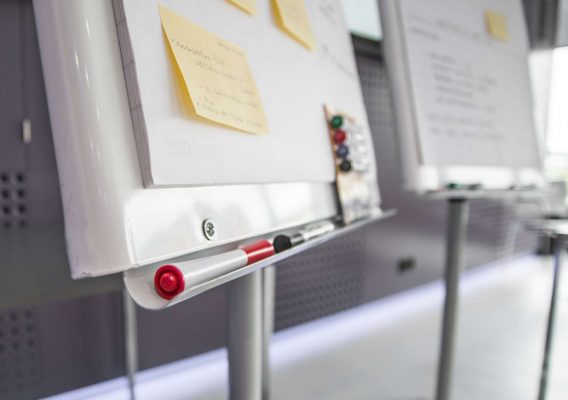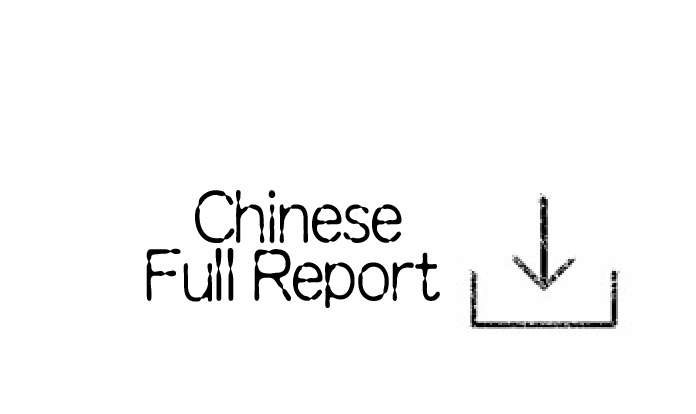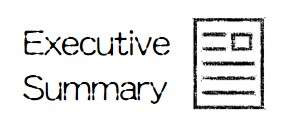Improving Liberal Studies in Senior Secondary Education
Youth I.D.E.A.S. 30
Education and Innovation
Improving Liberal Studies in Senior Secondary Education
19 June, 2018
 In 2009, the New Academic Structure was implemented in Hong Kong. Liberal Studies (LS) was also introduced at Secondary 4 level as one of four core subjects for the Hong Kong Diploma of Secondary Education Examination (HKDSE)[1].
In 2009, the New Academic Structure was implemented in Hong Kong. Liberal Studies (LS) was also introduced at Secondary 4 level as one of four core subjects for the Hong Kong Diploma of Secondary Education Examination (HKDSE)[1].
According to the Education Bureau’s 2015 updated Curriculum and Assessment Guide for Liberal Studies[2], the aim of Liberal Studies is to broaden student’s knowledge base and enhance their social awareness, through studying a wide range of issues. Liberal Studies also enables students to make connections among different disciplines, examine issues from a variety of perspectives, and construct personal knowledge of immediate relevance to themselves in today ‘s world.
However, there has been much discussion and debate regarding teaching and assessment methods since the implementation of a liberal studies curriculum in 2009, especially the ‘issue-enquiry approach’ for the learning and teaching process, as well as the assessment design made up of ‘Public Examination’ and ‘School-based Assessment (SBA)’.
Indicated by the Education Bureau in an early document[3], for using the ‘issue-enquiry approach’, teachers should provide opportunities for students to pose questions, search for information, formulate arguments, and in the process to develop reasoning skills and a familiarity with a variety of viewpoints, ultimately facilitating students to develop ability in practicing independent learning and critical thinking.
However, one might argue that as ‘issue-enquiry approach’ is not the main teaching and learning mode in Hong Kong, teachers and students may encounter difficulty during the teaching and learning process. Comments about the ‘no textbook’ practice, teacher-dependent teaching and learning scheme are also observed, such as worrying the subject may become ‘formalistic’, and failing to meet the expected outcome.
In the ‘Public Examination’ part of the assessment scheme, two papers in total length of 3 hour and 15 minutes are accounted for 80% of the final HKDSE result of a candidate. Noises from teachers and students regarding to the examination have been received, including ‘examination time being too short’, ‘too many questions’, ‘imbalanced distribution for issues between modules’ and ‘unable to accurately reflect students’ thinking ability[4].’
Independent Enquiry Study (IES), a self-directed learning experience in which student takes up the major responsibility, is adopted as the SBA of this subject and accounts for 20% of the student’s final HKDSE result. Upon the update in School-based Assessment Teacher’s Handbook by Hong Kong Examinations and Assessment Authority (HKEAA) in 2017[5], teachers and students have had clearer guidance in conducting IES. Yet, critics over IES have been common, including its difficulty and workload, disproportionate teaching time allocation and the mechanism of grade moderating according to public examination performance. These all contributed to the questioning about the effectiveness of IES, and its function in relieving students’ stress in examination.
This study attempts to understand the current situation of the Liberal Studies subject, especially the teaching-and-learning process and the assessment format. Through collecting the comments and opinions from students and teachers, possible measures in improving the subject can be explored.
Discussion
- The NSS Liberal Studies Subject is valued as highly meaningful, bringing in the effect of broadening students’ perspectives of thinking and enhancing learning ability, to match up with the need of a knowledge-based society.
- Teachers play a key role in the effectiveness of the Liberal Studies. Heavy workload, great extent of curriculum, students’ difference in learning and mistrust of teachers are some of their key challenges.
- Teachers showed a better appraisal towards Liberal Studies than students did. To achieve good outcome of Liberal Studies education, using a variety of teaching-and-learning methods is essential.
- Room for improving IES is observed, as its original aim of serving as an independent learning process for knowledge integration fails to be delivered.
- Different attitudes towards the assessment formats of Liberal Studies were observed between teachers and students, in particular towards the HKDSE examination.
- Simplifying the grading system into pass-or-fail may not be useful in relieving students’ stress. Yet, it may lower the significance of the subject and the learning motives of students, hindering its long-term development.
Recommendation
- Establish a new “Liberal Studies Resources Centre” for free usage of students and teachers, to supplement students with multivariate viewpoints when studying a wide range of issues.
- Compose “Concepts building blocks” for each of the 6 modules, enabling students for easier understanding of basic concepts and knowledge.
- Provide professional training courses for Liberal Studies teachers to enhance their ability in coaching students for conducting IES in non-written format (e.g. Documentary producing).
- Annual subsidies of HK$HK200,000 for liberal studies teaching assistants are also recommended.
- Review the curriculum of Liberal Studies. Re-emphasize the subject’s focus on training students’ cross-curricular thinking mindset and ability in conducting discussion from multiple perspectives.
- Establish a platform to collect students’ opinions towards Liberal Studies.
[1] The four core subjects refer to Chinese Language, English Language, Mathematics (Compulsory Part) and Liberal Studies
[2] Curriculum Development Council and the Hong Kong Examinations and Assessment Authority (2007, updated Nov 2015). Liberal Studies Curriculum and Assessment Guide (Secondary 4 – 6). Retrieved 21 June, 2018 from:
[3] The Education and Manpower Bureau (2004). The New Academic Structure for Senior Secondary Education and Higher Education – First stage consultation document. Retrieved 21 June, 2018 from: https://334.edb.hkedcity.net/doc/eng/main.pdf
香港01,《反對必修?通識科正好補新高中課程思考斷層》2016年5月20日。
網址:https://www.hk01.com/反對必修?通識科正好補新高中課程思考斷層
[4] 陳美齡,《文憑試扼殺學生發展空間和可能》,灼見名家,2017年5月10日。
[5] The Hong Kong Examinations and Assessment Authority (2017). Hong Kong Diploma of Secondary Education Examination: School-based Assessment Teachers’ Handbook (Liberal Studies). Available from:




